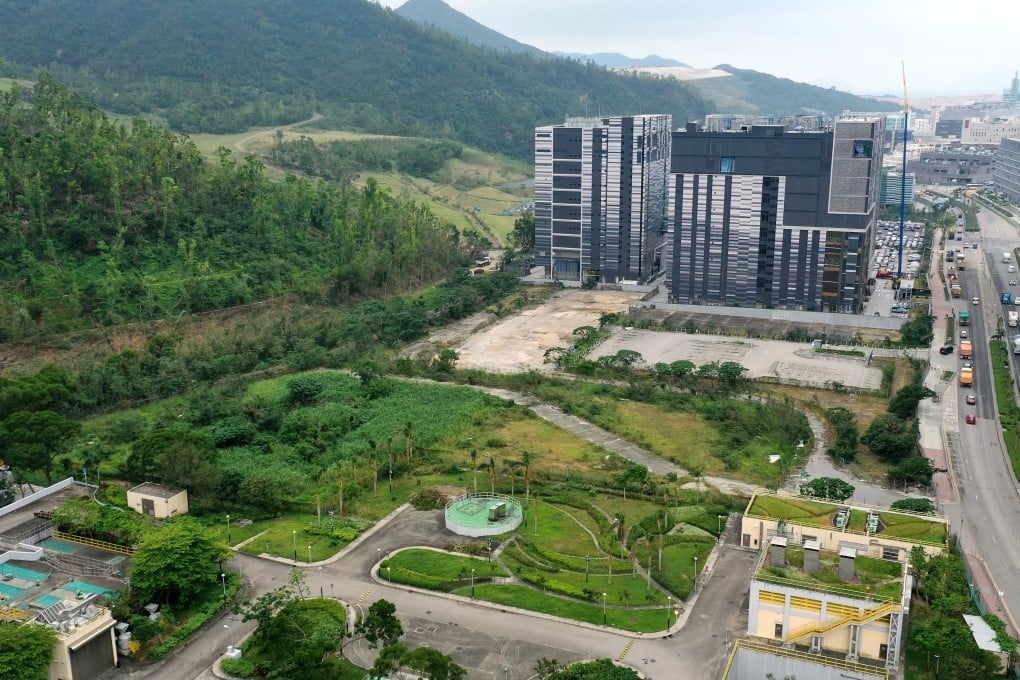The View | How the pandemic is powering a shift to data centre investment in Asia
- At a time when commercial property transactions are plummeting, the shift to home working has proved a boon for Asia’s data centre market
- However, investors and developers must contend with thorny regulatory issues, like different data localisation laws across the region

Among the parts of Asia’s commercial property investment market that have attracted increasing interest over the past several years are “alternative” sectors. These are the non-traditional types of real estate, such as education, senior living and self-storage facilities. Benefiting from secular trends in the region’s economies, and offering higher rates of return, alternatives have proved increasingly popular among investors.
In a sign of the extent to which sentiment towards data centres has been more upbeat than in other property sectors, the share price of Equinix, the world’s largest data centre real estate investment trust (Reit) by market capitalisation, rose 22 per cent last year. By contrast, an S&P 500 index of office-focused Reits fell by the same amount, with retail and hotel-focused Reits faring even worse.
In the Asia-Pacific region, while commercial property transaction volumes plummeted in 2020, investment in the data centre market surged to US$2.2 billion, up from just over US$500 million in 2019, according to a report published by CBRE on March 25.
Not only have the fundamentals of data centres strengthened further during the pandemic, the sector provides the best of both worlds. While data centres have emerged as one of the most defensive property assets – their tenants have strong credit ratings and tend to stay put due to relatively high switching costs – the industry benefits from transformative megatrends that have been turbocharged by Covid-19.
